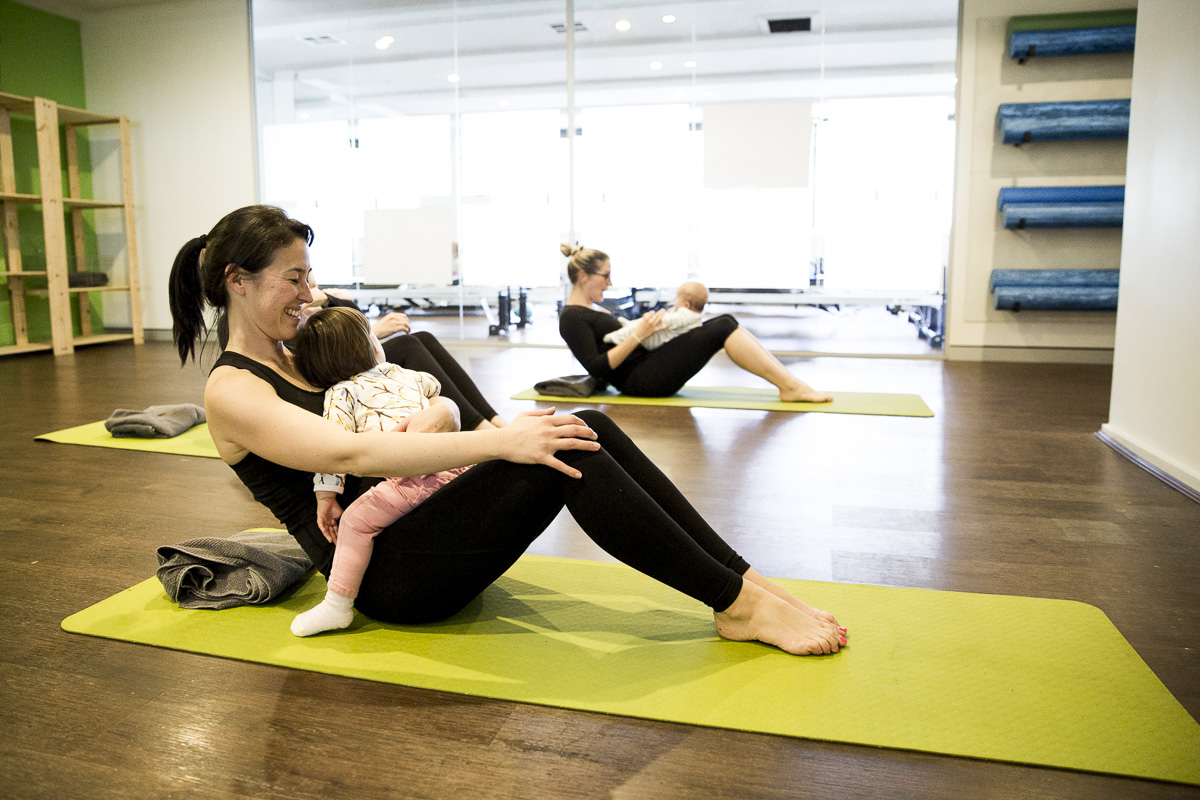Postnatal Physiotherapy: Supporting Your Recovery After Pregnancy & Birth
Welcoming a new baby into the world is one of life’s most incredible experiences – but it also brings immense changes to your body. As your body adjusts post-pregnancy, you may experience a range of aches, pains, and functional challenges that can impact your quality of life. Postnatal physiotherapy offers safe, supportive, and personalised care to help you recover, rebuild strength, and feel like yourself again.
Common Postnatal Aches & Pains
Many new mums experience discomfort in the weeks and months following childbirth. Some of the most common postnatal issues include:
1. Lower Back Pain
Pregnancy places extra strain on your spine and abdominal muscles. After delivery, weakened core muscles and poor lifting posture (think: feeding, carrying baby, pram lifting) can lead to ongoing lower back pain.
2. Pelvic Girdle Pain (PGP)
PGP can persist after childbirth due to pelvic instability, hormonal changes or trauma from delivery. It can affect walking, standing, or even turning in bed.
3. Wrist & Thumb Pain (De Quervain’s Tenosynovitis)
This pain arises from repetitive baby lifting and feeding postures. It’s an overuse injury that responds well to physiotherapy and ergonomic advice, including wrist braces.
4. Neck & Shoulder Tension
Feeding and holding your baby can result in rounded shoulders, a forward head posture, and tightness or discomfort in the upper back and neck area.
5. Diastasis Recti (Abdominal Separation)
This is a separation of the abdominal muscles that occurs in pregnancies. If not addressed, it can contribute to a weak core, back pain, and poor posture.
6. Pelvic Floor Dysfunction
Vaginal delivery, prolonged labour, or forceps use can weaken the pelvic floor muscles, leading to issues such as:
- Urinary leakage or incontinence
- Pelvic heaviness or prolapse
- Pain during intercourse
7. Mastitis
This is where inflammation of the breast tissue occurs due to breastfeeding. It’s caused by blocked milk ducts and can lead to infection. Physiotherapy treatment involves ultrasound and advice on management and prevention.
Why Postnatal Physiotherapy Matters
Many postnatal symptoms are common but that doesn’t mean they should be ignored. Left untreated, they can lead to chronic pain, dysfunction, or delayed recovery.
Our team of physios can help you:
- Restore core and pelvic floor strength
- Manage pain and muscle imbalances
- Support safe return to exercise, including assessing when you are safe to return to running
- Improve posture and body mechanics for daily tasks
- Regain confidence in your body
What to Expect in a Postnatal Physio Appointment
At Physio On Miller, we take a holistic, individualised approach to your recovery. Your appointment may include:
- A detailed postnatal assessment
- Abdominal and pelvic floor screening
- Posture, movement, and muscle strength checks
- A personalised exercise and recovery plan
- Education on baby lifting, feeding positions, and self-care
- Hands-on treatment where needed (e.g. for back or pelvic pain)
Whether you had a vaginal birth or caesarean, physio can support your healing and long-term wellbeing.
When to Seek Help
Reach out to a women’s health physiotherapist if you experience:
- Ongoing back or pelvic pain
- Urinary leaks or urgency
- Difficulty engaging your core
- Pain with movement or sex
- Concerns about your abdominal separation
- Trouble returning to exercise or daily tasks
There is no “right time” to start postnatal physiotherapy – whether you’re six weeks or six months postpartum, support is available.
Interested in Postnatal Physio?
Book a consultation with our friendly team today and let us support your recovery journey.

